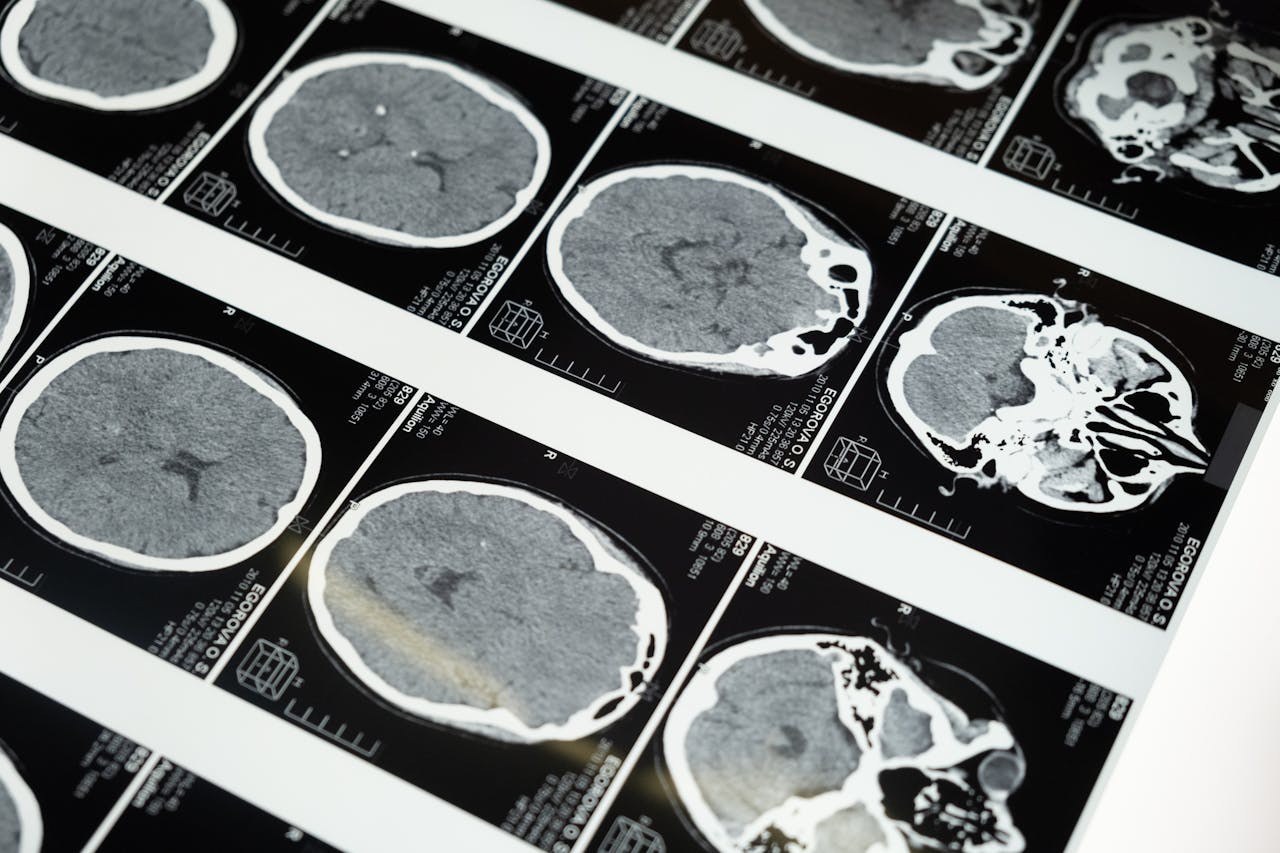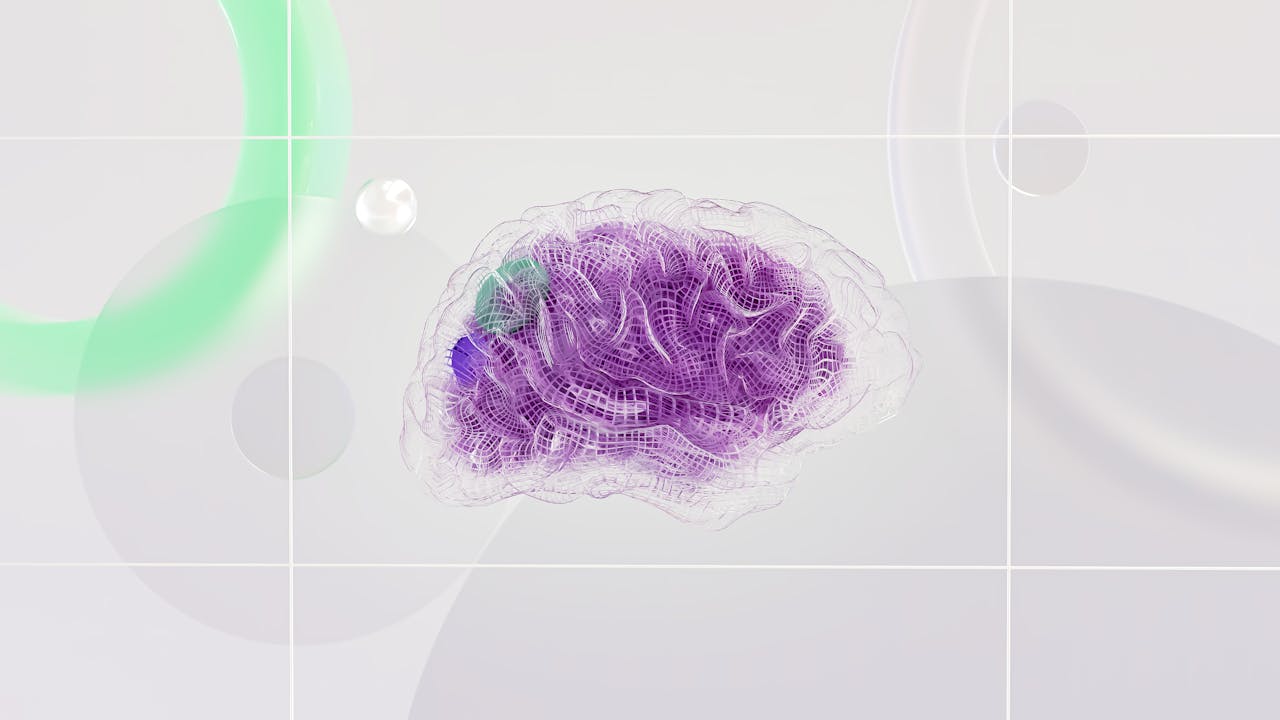Neuroscience Breakthroughs: Insights Into Brain Function and Mental Health
Neuroscience continues to unveil the intricacies of the human brain, shedding light on its complex functions and offering insights into mental health disorders. From groundbreaking discoveries in brain imaging technology to innovative treatments for neurological conditions, neuroscience breakthroughs are revolutionizing our understanding of the brain and paving the way for new approaches to diagnosis, treatment, and prevention. Let's explore some of the most significant neuroscience breakthroughs that are shaping our understanding of brain function and mental health.


Advances in Brain Imaging Technology
Recent advancements in brain imaging technology, such as functional magnetic resonance imaging (fMRI), positron emission tomography (PET), and diffusion tensor imaging (DTI), have revolutionized our ability to visualize and study the structure and function of the brain in unprecedented detail. These imaging techniques enable researchers to observe brain activity in real-time, map neural pathways, and identify abnormalities associated with neurological and psychiatric disorders. By providing a window into the workings of the brain, brain imaging technology is driving discoveries in neuroscience and enhancing our understanding of brain function and dysfunction.
Decoding the Brain's Neural Circuits
Neuroscientists are making significant strides in unraveling the intricate networks of neurons that underlie brain function and behavior. Through techniques such as optogenetics, which allows researchers to control the activity of specific neurons with light, and functional connectivity mapping, which reveals patterns of communication between different brain regions, scientists are gaining insights into how neural circuits regulate various cognitive processes, emotions, and behaviors. By deciphering the brain's neural circuits, researchers hope to develop targeted interventions for neurological and psychiatric disorders that restore normal brain function and alleviate symptoms.
Personalized Approaches to Mental Health Treatment
Advancements in neuroscience are paving the way for personalized approaches to mental health treatment that take into account individual differences in brain structure, function, and genetics. Techniques such as neuroimaging, genetic testing, and machine learning algorithms enable clinicians to tailor treatment plans to each patient's unique neurobiological profile, optimizing therapeutic outcomes and minimizing side effects. Personalized interventions, such as transcranial magnetic stimulation (TMS) and deep brain stimulation (DBS), are also being developed to target specific brain regions implicated in mood disorders, anxiety disorders, and other mental health conditions.
Neuroplasticity and Brain Rehabilitation
The concept of neuroplasticity – the brain's ability to reorganize and adapt in response to experience, learning, and injury – has transformed our understanding of brain function and recovery. Neurorehabilitation techniques, such as cognitive training, physical therapy, and neurofeedback, harness the brain's plasticity to promote recovery and improve outcomes for individuals with neurological conditions such as stroke, traumatic brain injury, and neurodegenerative diseases. By capitalizing on the brain's natural capacity for adaptation, neurorehabilitation interventions are helping patients regain lost function, enhance cognitive abilities, and improve quality of life.
Targeted Therapies for Neurological Disorders
Advances in neuroscience are driving the development of targeted therapies for neurological disorders that address the underlying molecular and cellular mechanisms of disease. From gene therapy and stem cell transplantation to pharmacogenomics and immunotherapy, researchers are exploring a wide range of innovative approaches to treat conditions such as Alzheimer's disease, Parkinson's disease, epilepsy, and multiple sclerosis. These precision therapies hold the promise of slowing or halting disease progression, restoring lost function, and improving the lives of millions of individuals affected by neurological disorders.


Unlocking the Potential of the Human Brain
In conclusion, neuroscience breakthroughs are unlocking the mysteries of the human brain and transforming our understanding of brain function and mental health. From advances in brain imaging technology and the decoding of neural circuits to personalized treatment approaches and targeted therapies for neurological disorders, the landscape of neuroscience is rapidly evolving, offering hope for improved diagnosis, treatment, and prevention of brain-related conditions. As we continue to unravel the complexities of the brain, we hold the key to unlocking its full potential and enhancing human health and well-being for generations to come.












